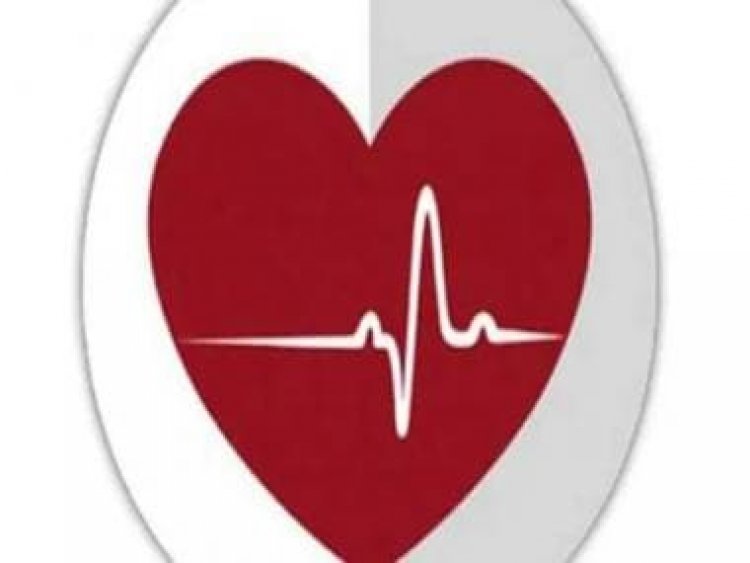Sudden cardiac arrest: Get these routine check-ups to monitor your heart health
Sudden cardiac arrest: Get these routine check-ups to monitor your heart health

Heart health checkups are an unheard concept for many. Generally, we only either get our heart checked once we reach a certain age or have some family history. However, with the rising burden of sudden cardiac arrest in the youth, according to American Heart Association (AHA), there are certain heart health screening tests that should begin as early as age 20; especially for Indians, since the Indian Heart Association states that heart disease strikes Indians at an earlier age than other demographics, often without warning. Hence, we must work alongside our physicians to understand better which screenings one should get and how often you should get them.
Routine heart checkups do not involve any complicated tests. To monitor one’s heart health, you should ideally regularly keep a check on the below:
• Weight and Body Mass Index (Annually)
• Blood pressure (Once every 2 years, starting by age 20)
• Blood tests to check cholesterol and blood sugar levels (Once every 2 years, starting by age 20)
• Check on one’s diet (if there are any essential vitamins missing or excess intake that can lead to elevated sugar levels) physical activity, and smoking history
• Personal and family medical history
• Any sudden changes in your health
You may be recommended earlier or more frequent screening if you have high blood pressure, blood cholesterol, or blood sugar, a heart condition, family history of heart disease, obesity, pre-diabetic or diabetes, or had complications during pregnancy, such as high blood pressure, preeclampsia, or gestational diabetes. If you have recently seen any markers that indicate heart disease or if your physicians think you might have developed it, routine heart health screenings can be important for preventive healthcare. You will likely be advised to get additional screening tests on a regular basis.
Additional heart tests
The following tests can assess your heart health better:
• Electrocardiography (ECG, EKG): Chest is connected using tiny, adhesive electrodes, which are connected to an ECG machine. This device captures the electrical activity of your heart and reports on the rhythm and beat rate. An ECG can detect abnormal heart rhythm or abnormal electrical patterns, such as a prolonged QT interval, that increase risk of sudden cardiac death
• Exercise cardiac stress test: The chest is covered with electrodes, and an ECG machine is connected to it. Then, as a medical practitioner evaluates the heart’s reaction to physical stress, patients are asked to walk, run, or pedal on a stationary bike.
• Echocardiography: An ultrasound machine is used by a medical practitioner to produce moving images of your heart to examine your heart valves and determine whether you have any issues with the heart’s ability to pump blood. They may occasionally perform this before and after exercise or take a certain medicine to determine how one’s heart reacts to stress.
• Nuclear stress test: In this test, blood is infused with a small amount of radioactive dye, which then goes to the heart. In order to determine how blood is flowing through the heart during rest and after activity, a medical practitioner will use an imaging device to capture photographs of the patient.
• Cardiac CT scan for calcium scoring: Positioned under a CT scanner with electrodes attached to the chest to record heart’s electrical activity. A medical expert uses a CT scanner to produce images of your heart and examine your coronary arteries for plaque formation.
• Coronary CT angiography (CTA): In a procedure similar to the one described above, you lie down beneath a CT scanner with electrodes fastened to your chest so a medical practitioner can monitor your heartbeat and produce images of your heart from the CT scan’s images. They inject a contrast dye into your circulation to help them detect plaque buildup in your coronary arteries more clearly.
• Coronary catheter angiography: A tiny catheter is placed through an artery in your arm or groin and into your heart. The doctor will inject contrast dye through the catheter as they take X-ray images of your heart to see whether your coronary arteries are blocked or restricted.
Your doctor may suggest a mix of dietary adjustments, medication, or other therapies if you are diagnosed with heart disease.
The author is a cardiologist, Desun Hospital, Kolkata
Read all the Latest News, Trending News, Cricket News, Bollywood News,
India News and Entertainment News here. Follow us on Facebook, Twitter and Instagram.
What's Your Reaction?



























































